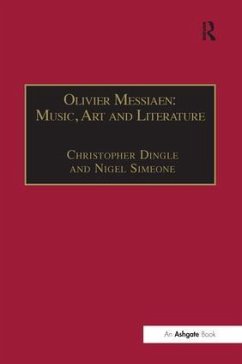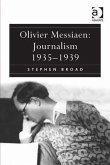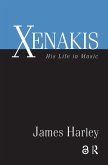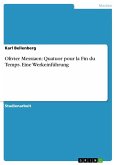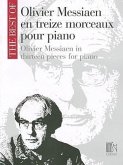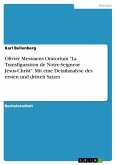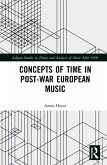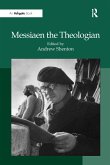When Olivier Messiaen died in 1992, the prevailing image was of a man apart; a deeply religious man whose only sources of inspiration were God and Nature and a composer whose music progressed along an entirely individual path, artistically impervious to contemporaneous events and the whims both of his contemporaries and the critics. Whilst such a view contains a large element of truth, the past ten years has seen an explosion of interest in the composer, and the work of a diverse range of scholars has painted a much richer, more complex picture of Messiaen. This volume presents some of the fruits of this research for the first time, concentrating on three broad, interrelated areas: Messiaen's relationship with fellow artists; key developments in the composer's musical language and technique; and his influences, both sacred and secular. The volume assesses Messiaen's position as a creative artist of the twentieth century in the light of the latest research. In the process, it identifies some of the key myths, confusions and exaggerations surrounding the composer which often mask equally remarkable truths. In attempting to reveal some of those truths, the essays elucidate a little of the mystery surrounding Messiaen as a man, an artist, a believer and a musician. Specifically, the volume covers Messiaen's attitudes and associations to Cocteau, Stravinsky's Les Noces, Dutilleux and Toesca, as well as exploring his teaching techniques, the Traité de rythme, de couleur et d'ornithologie, Messiaen's harmony, performing and transcription techniques, composing for Ondes Martenot, his association with ballet, Saint François d'Assise and the influence of his faith. Messiaen himself contributes directly in the form of a speech that he gave about the tapestry-maker Jean Lurçat, and the collection also includes the first literary translation of L'âme en bourgeon; the garland of poems written by Messiaen's mother, Cécile Sauvage, when she was expecting him. The composer described these poems as 'the only influence' in his life, making L'âme en bourgeon a fascinating centrepiece to a rich and rewarding collection of essays.
Hinweis: Dieser Artikel kann nur an eine deutsche Lieferadresse ausgeliefert werden.
Hinweis: Dieser Artikel kann nur an eine deutsche Lieferadresse ausgeliefert werden.

